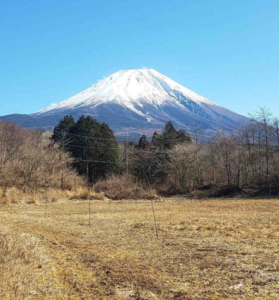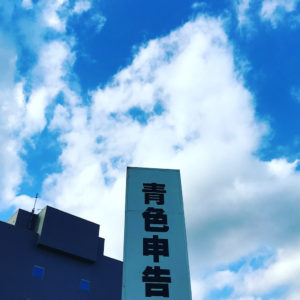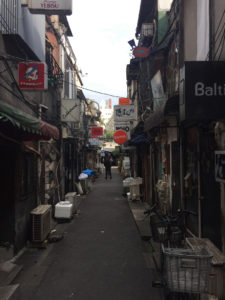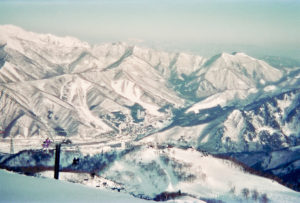(View from the property)
Beautiful property with full Mt. Fuji view is now for sale in Fujigane, Fujikawaguchiko-cho,
Minamitsuru-gun, Yamanashi prefecture.
Estate
House 165m2
Resident lot(land) 990m2
Agri land 19800m2 (massive land)
Access
20min to the shopping mall
20min to Kawaguchiko Station/Fuji Q Highland
Rural pastoral town, Expansive views
2hrs to Tokyo – door to door
Business opportunity
You can turn the house into a hotel and get a hotel license.
(*Additional investment is required)
The area receives tens of thousands of foreign tourists every year and it could be
a lucrative business.
View
Mt Fuji views 90% visibility.
360-degree panorama view




